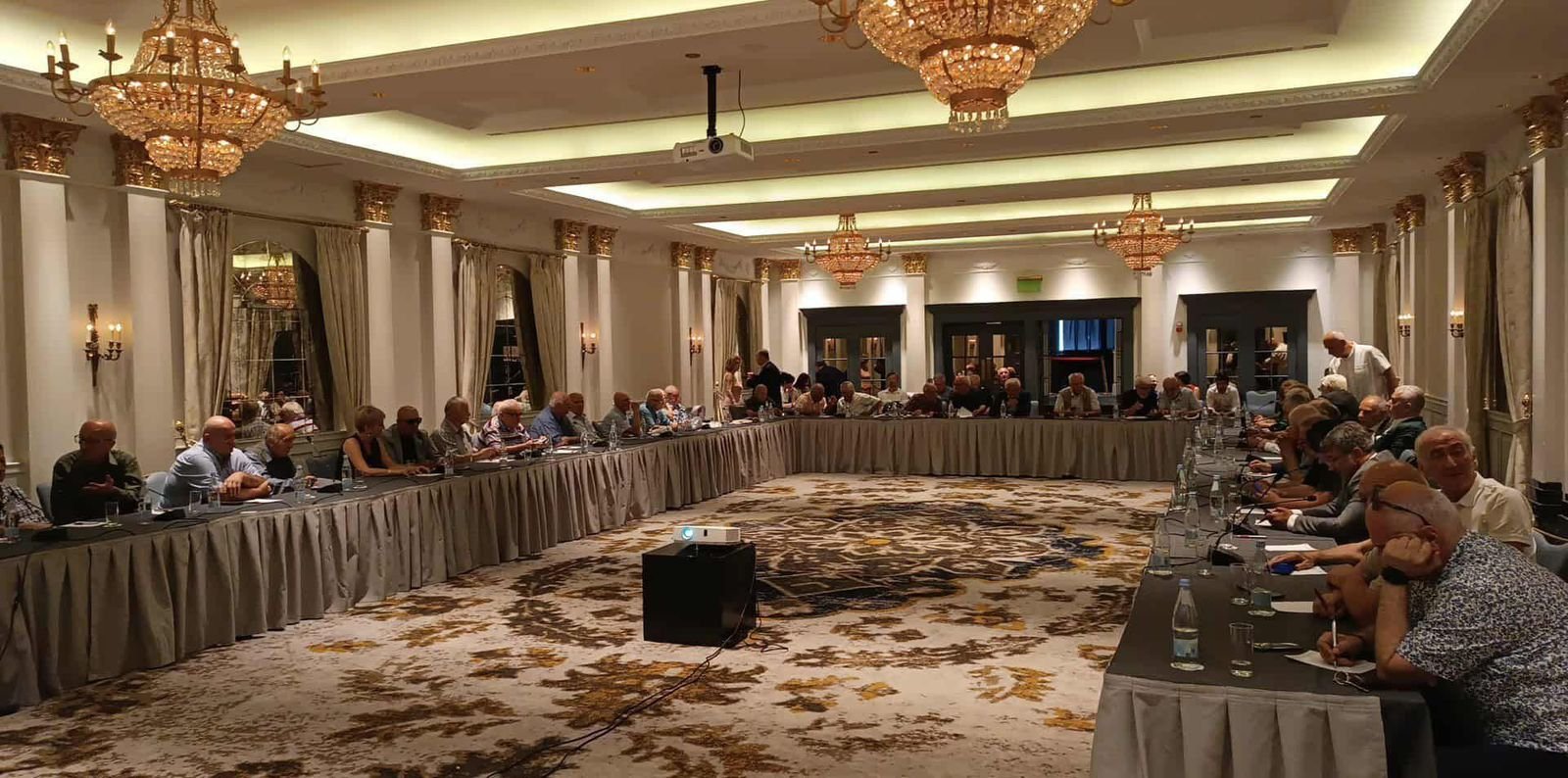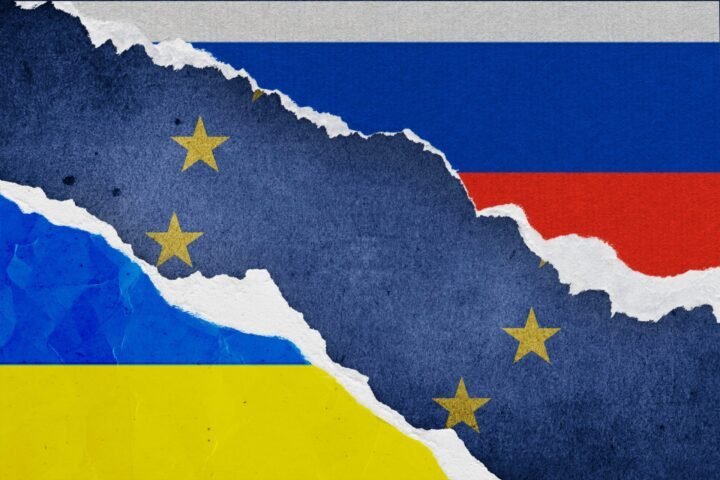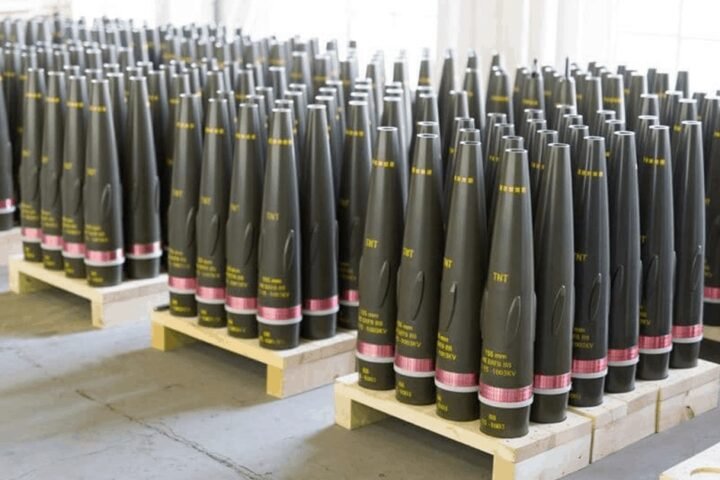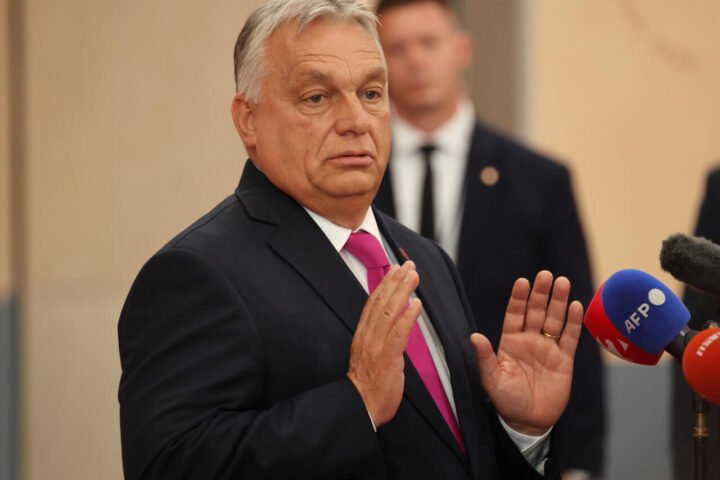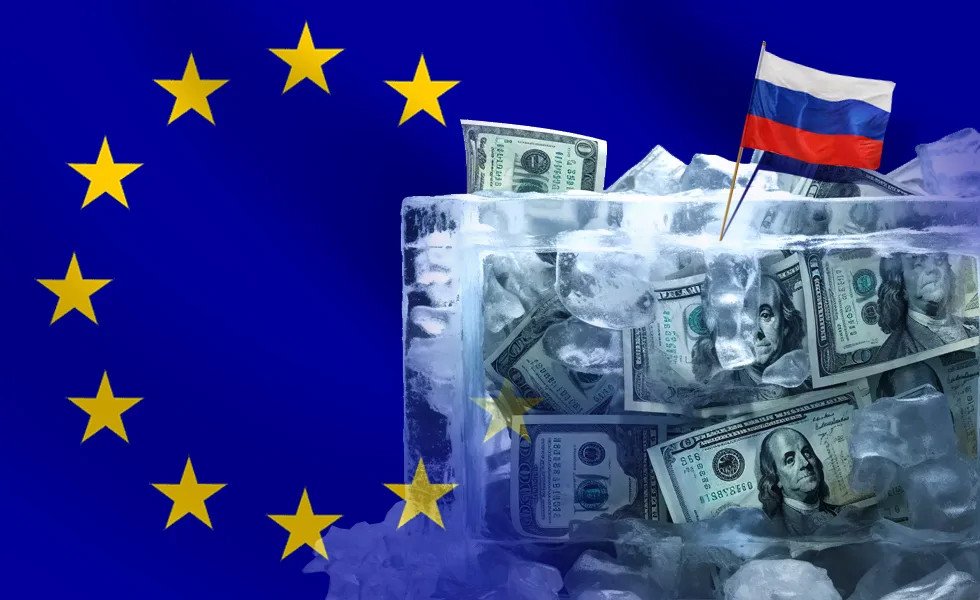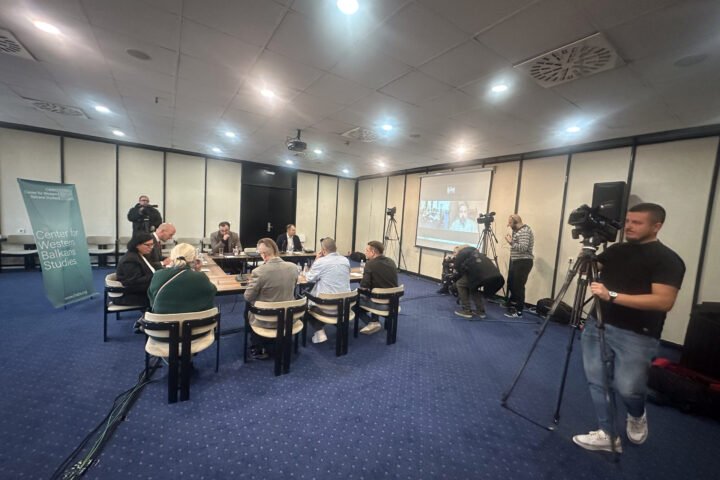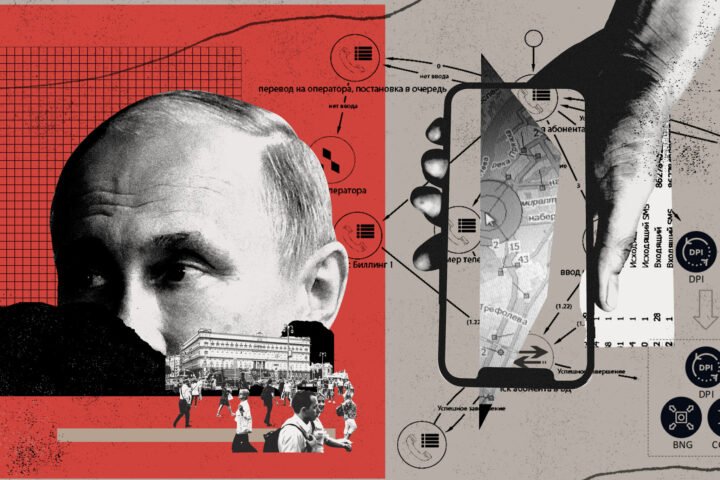Tbilisi, September 2025 — Georgia is facing a political upheaval after members of the long-dormant Supreme Council reconvened in the capital and declared the restoration of a “legitimate government” along with the transitional constitution that was in force before the 1992 coup. The meeting took place at the Tbilisi Marriott hotel, drawing 32 deputies — enough to reach a quorum — and began with a minute of silence for the country’s first president, Zviad Gamsakhurdia.
Leadership appointed and transitional constitution reinstated
In a secret ballot, Guram Isakadze was elected as the interim chairman of the Supreme Council, while Guram Absandze was assigned to serve as acting prime minister. Absandze has been tasked with forming a transitional cabinet within ten working days. The deputies also passed a resolution restoring the transitional constitution in the version that existed before January 6, 1992, when Georgia was plunged into turmoil following a violent coup.
Appeals to the nation and international community
The assembly issued three key appeals: one directed to the people of Georgia, another to the international community, and a call concerning political prisoners. Lawmakers argued that the Supreme Council remains the only legitimate representative body, interrupted by force three decades ago. Several participants accused the current authorities of steering Georgia toward Moscow’s influence, stating that “the existing government is leading the country into the arms of the Kremlin, ignoring the will of the people who chose Europe.”
Geopolitical implications for the West and Moscow
The development presents a serious challenge for the international community. Recognition of the restored parliament by Western capitals would raise doubts about the legitimacy of the current government and potentially isolate Tbilisi’s leadership. The political message was clear: the sitting authorities are accused of pro-Russian alignment, while the Supreme Council appeals to historical and democratic legitimacy. Analysts described the meeting as the most significant constitutional challenge since 1991.
What comes next for Georgia
The move raises pressing questions for the EU, the United States and NATO about which authority to engage with: the acting government or the Supreme Council claiming continuity with Georgia’s early independence institutions. For Moscow, the emergence of an alternative power center in Georgia signals a potential shift, as opponents openly accuse the Kremlin and its allies of usurping authority. In the coming weeks, it will become evident whether the council’s session remains a symbolic gesture or evolves into a new political force capable of reshaping the South Caucasus landscape.
